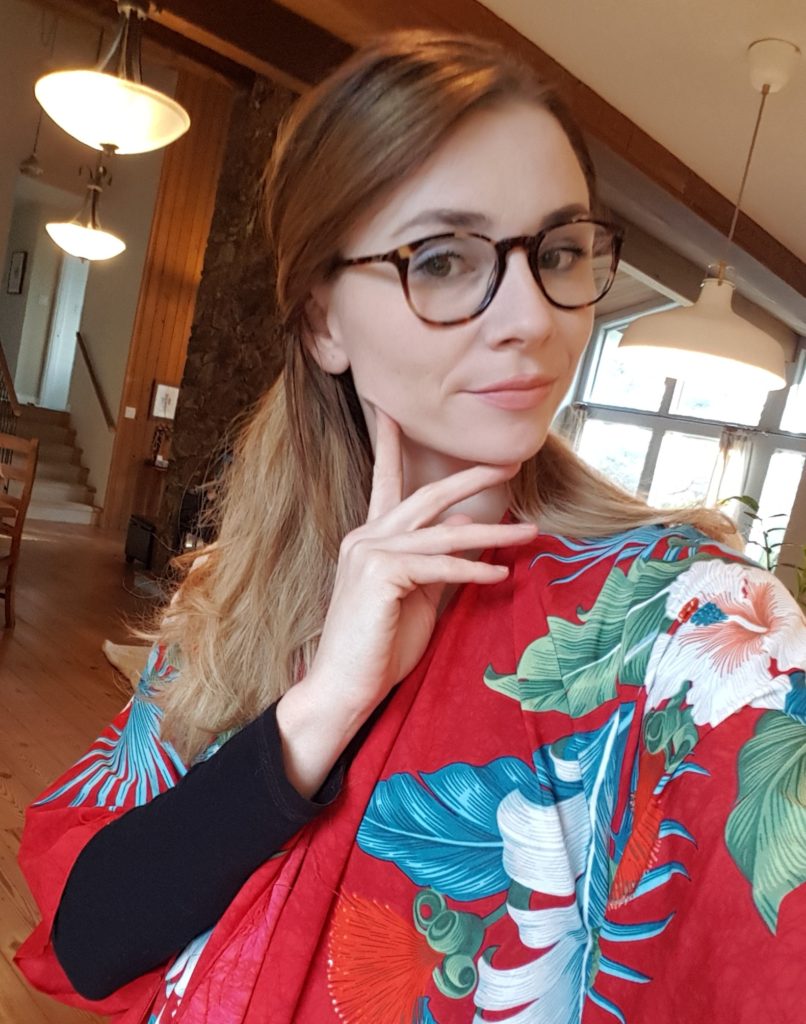By Carlie Blume
@bjergen_kjergen
Growing up I have always considered myself a feminist. As a teen in the ’90s and early aughts, I felt a kinship with the various unapologetic women that dominated the airwaves, extending their messages of female empowerment, equality and inclusivity. Whether it was Alanis Morrisette, The Riot Grrrl movement or Lilith Fair, I knew their message were ones that would stay with me and influence my life for years to come.
When I had my first child, I often wondered how my self-proclaimed feminism might meld with the intimidating and foreign landscape of motherhood.
I wasn’t sure what to expect, actually.
I knew there would be a baby, obviously. I pictured many sleepless nights, followed by coffee-laden mornings, paired with peaceful walks around the block–baby tucked soundly in stroller while I took in my surroundings gingerly– thusly wondering how things escalated so quickly (kidding!). And sure enough all of those things were there greeting me at the labour finish line like a team of Gatorade-wielding marathon hydrators. But what I didn’t expect was how society’s perception of me would change now that I was bestowed with the label of “mom” and how that label would alter my self-perception.
“Mom culture” is a phraseI have been hearing a lot lately; an umbrella term used to describe the almost cult-like status contemporary motherhood has propelled to as of late. Thanks to social media, the commodification of motherhood as a lifestyle brand, as opposed to a job or higher calling, is becoming more pervasive than ever. And it’s not doing great things for our mental health.
Everywhere I look the term seems to be popping up in the media. Mothers who profess to indulging in a couple glasses of wine to help cope with the insanity of child-rearing have been processed and packaged into the title of “Wine Mom Culture.” Mothers who laud the benefits of organic and whole foods are deemed to be part of “Eco-Mom Culture,” and we all know the age-old ubiquitous favorite, “Soccer Mom Culture.”
It seems that almost everything mothers do as of late is put under the microscope, analyzed, labeled accordingly and then criticized.
And now, in an age where digitalization and capitalism seem to be at its flexing apex, there seems to be limitless expectations put on mothers, where they are held to punishing ideals and then judged when failing to come short of it all.
Not even 48 hours into my recovery after delivering my daughter via C-section there I was, without my large round “baby bump” in this new emptied out body that was slack with skin and post-partum exhaustion. I was book- ended between the ghost of two bodies I felt were considered acceptable by mainstream standards; the slim pre-pregnant body and the fecund, round pregnant one. And as much as I was in love with my baby daughter, this new body messed with my mind big time. So, I purchased a tight fitting elastic belly band that I wrapped vacuum tight around my midsection, made to shrink my tender dough-like stomach at a quicker rate than if I had just left it.
Countless tabloid covers I had seen many times at the grocery store lineup floated through my hormone flooded brain, forming a gigantic wagging finger, reminding me that Gwyneth Paltrow, Jessica Alba and Kate Hudson all bounced back to their original bodies in mere months. It’s a thinly-veiled fact these celebrities are stacked to the teeth with personal chefs, personal trainers and nutritionists, but sleep-deprived and baby-brained, I yearned to keep up with the unrealistic standards set by the magazines.
Without a doubt, I was on tunnel vision. I only saw that I might be deemed as a failure if my body looked like anything other than what it was before pregnancy. I won’t lie, it had a bit to do with vanity. But it was mainly because I wanted people to see that this experience hadn’t swallowed me, altered me, made me an unrecognizable shadow of who I once was. I felt the need, especially as a feminist, to keep up the appearance that I was a bulwark, strong enough to retain my mental and physical state. And that nothing, not even having a baby, could demolish that.
Now, almost six years into motherhood, I have a far healthier attitude toward my body and I realize how misogynistic those body ideals were and still are to this day. How oppressive it is to expect a new mother’s body to look like a sexual reflection of the male gaze.
There is so much more I could say. I could fill numerous articles with my thoughts on how contemporary motherhood is perceived. But if there is one truth I have mined in my experience, it is that there is a lot of noise around us, a lot of voices trying to convince us we don’t know best. That despite our best efforts, we will likely be sorted into one box if we do this, and another if we do that.
In my experience I have found that when the noise gets to be too much, it is to best to: pull back, block it all out, and at the risk of sounding trite, listen to the raw material of your instincts and know that, yes, we are indeed mothers. But above all things, we are human. We are complex, beautiful, flawed people capable of being many things beyond the packaged, processed versions of what society thinks we should be.

Carlie Blume is a writer of fiction and poetry. Her writing centres on women’s issues, motherhood, mental health and the sexual politics within relationships and marriage. She loves crisp autumn evenings, Yacht Rock and Murder She Wrote.




